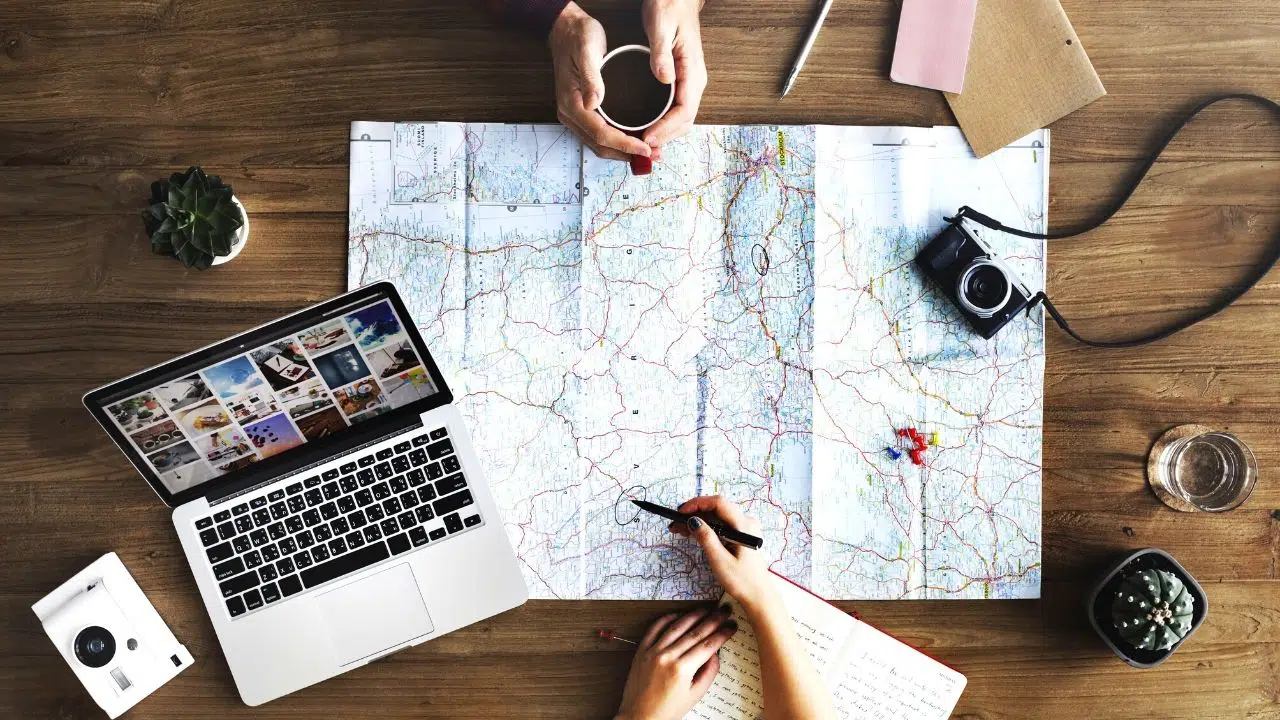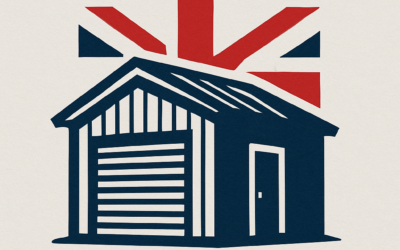Table of Contents
Traveling for business can be an exciting yet challenging experience. Whether you’re meeting clients, attending conferences, or exploring new markets, the dynamics of business travel are unique. This guide will delve into everything you need to know about travel for business, including tips for planning, staying productive, and making the most of your trips.
Understanding the Purpose of Travel for Business

Before diving into the logistics, it’s essential to understand why travel for business is vital in today’s corporate landscape.
Building Relationships
Face-to-face interactions often lead to stronger relationships. Meeting clients or colleagues in person allows for a deeper connection, building trust and rapport that virtual meetings sometimes lack.
Exploring New Markets
Traveling for business also opens the door to new opportunities. By visiting different locations, companies can explore new markets, assess competition, and identify potential partnerships.
Attending Conferences and Trade Shows
Conferences and trade shows are excellent opportunities for networking and learning. They provide a platform to meet industry leaders, attend workshops, and stay updated on the latest trends and innovations.
Planning Your Trip

Effective planning is crucial for successful travel for business. Here are some essential steps to ensure everything goes smoothly.
Define Your Goals
Before you book your trip, define the goals of your travel. Are you looking to secure a new client? Attend a seminar? Explore a potential market? Having clear objectives will help you stay focused and make the most of your time.
Budgeting
Creating a budget is essential. Consider costs such as flights, accommodation, meals, and transportation. Many companies have specific travel policies, so familiarize yourself with them to avoid unexpected expenses.
Booking Flights and Accommodation
When booking flights, look for the most convenient and cost-effective options. Early booking often yields better prices. As for accommodation, consider proximity to your meeting locations. Business hotels often offer amenities like meeting rooms and business centers.
Transportation
Research transportation options in advance. Will you need to rent a car, or is public transport sufficient? Familiarizing yourself with the local transit system can save time and money.
Itinerary Planning
Create a detailed itinerary that outlines your meetings, events, and downtime. This will help you stay organized and make the most of your schedule.
Packing Essentials

Packing effectively can make or break your travel experience. Here are some essentials to consider:
Clothing
Choose professional attire that is versatile and comfortable. Depending on your destination, consider the climate and cultural norms. Always pack a blazer or jacket, as it can elevate your outfit for meetings.
Electronics
Bring essential electronics like a laptop, tablet, and smartphone. Don’t forget chargers and adapters, especially if traveling internationally. A portable charger can be a lifesaver on long days.
Business Materials
If you have presentations or important documents, make sure they are accessible. Consider digital copies as backups to avoid any last-minute issues.
Personal Items
Don’t forget personal items such as toiletries, medications, and anything that makes you feel at home while away.
Staying Productive While Traveling

Maintaining productivity during your travel for business is essential. Here are some tips to help you stay focused:
Use Travel Time Wisely
Travel time can be a valuable opportunity to catch up on work. Use flights and downtime to read emails, prepare presentations, or strategize for meetings.
Stay Connected
Ensure you have reliable internet access. Many hotels and cafes offer Wi-Fi, and you can also consider portable hotspots for flexibility. Staying connected allows you to work efficiently, even on the go.
Set Boundaries
While traveling for business can be hectic, it’s important to set boundaries. Schedule breaks to recharge and avoid burnout. This will help you remain focused and energized for your meetings.
Networking Opportunities

Traveling for business opens up networking opportunities that you should capitalize on.
Attend Local Events
Check local listings for industry events, meetups, or seminars. Attending these can help you expand your professional network and gain insights into the local market.
Leverage Social Media
Use platforms like LinkedIn to connect with professionals in your destination. Reach out to schedule coffee meetings or informal chats.
Follow Up
After meeting someone, always follow up with a thank-you note or a message. This simple gesture can leave a lasting impression and strengthen your connections.
Cultural Considerations

When traveling for business, understanding cultural norms is crucial.
Research Local Customs
Familiarize yourself with the local customs and etiquette of your destination. This knowledge can help avoid misunderstandings and demonstrate respect for the local culture.
Language Barriers
If traveling to a non-English speaking country, learning a few key phrases in the local language can go a long way. It shows effort and respect for the culture.
Dress Code
Different cultures have varying expectations regarding business attire. Research what’s appropriate to ensure you make a positive impression.
Health and Safety Tips

Traveling for business can sometimes expose you to health risks. Here are some tips to stay safe and healthy:
Stay Hydrated
Air travel can be dehydrating, so drink plenty of water before, during, and after your flights.
Maintain a Healthy Diet
Traveling can often lead to unhealthy eating habits. Try to maintain a balanced diet by choosing healthier options when dining out.
Stay Active
Incorporate physical activity into your routine. Whether it’s walking to meetings, using hotel gyms, or taking short breaks, staying active is crucial for maintaining energy levels.
Be Aware of Local Health Risks
Before traveling, research any health advisories or vaccinations required for your destination. Carry a basic first aid kit for minor ailments.
Returning Home

After your business trip, it’s essential to follow up and reflect on your experiences.
Debrief
Take time to evaluate your trip. Did you meet your objectives? What worked well, and what could be improved for next time?
Follow Up with Contacts
Reach out to contacts you met during your trip. Building on these connections is vital for fostering professional relationships.
Share Insights
Share your learnings with your team. Whether through a formal presentation or an informal chat, sharing insights can benefit the entire organization.
Conclusion
Travel for business is an essential aspect of professional growth and opportunity. By effectively planning your trips, staying productive, and building relationships, you can maximize the benefits of your travels. Embrace the experience, and let it open doors to new opportunities in your career. Remember, the key to successful travel for business is preparation and a positive attitude. Safe travels!
FAQS
1. What is the primary purpose of travel for business?
The primary purpose of travel for business is to build relationships, explore new markets, attend conferences, and strengthen professional connections through face-to-face interactions.
2. How can I effectively plan my business trip?
Effective planning involves defining your trip’s goals, budgeting, booking flights and accommodations in advance, arranging transportation, and creating a detailed itinerary of meetings and events.
3. What should I pack for a business trip?
Pack professional attire suitable for meetings, essential electronics (laptop, chargers), business materials (presentations, documents), and personal items like toiletries and medications.
4. How can I stay productive while traveling for business?
To stay productive, use travel time for work, ensure reliable internet access, set boundaries to avoid burnout, and prioritize tasks in your itinerary.
5. What networking opportunities should I look for during business travel?
Look for local events, seminars, and meetups related to your industry. Additionally, leverage social media platforms like LinkedIn to connect with professionals in the area.
6. How can I navigate cultural differences while traveling for business?
Research local customs, dress codes, and etiquette to respect the culture. Learning a few key phrases in the local language can also help facilitate communication.
7. What health and safety tips should I consider during business travel?
Stay hydrated, maintain a healthy diet, incorporate physical activity, and be aware of local health risks or vaccinations required for your destination.
8. What should I do after returning from a business trip?
After returning, take time to evaluate your trip, follow up with contacts you met, and share insights or learnings with your team to enhance collective knowledge.
9. How can I manage travel expenses for business?
Create a budget that includes all potential costs (flights, accommodations, meals) and adhere to your company’s travel policy to avoid unexpected expenses.
10. What are some common challenges of travel for business?
Common challenges include time management, maintaining productivity, dealing with travel fatigue, and navigating cultural differences, but with proper planning, these can be mitigated.






